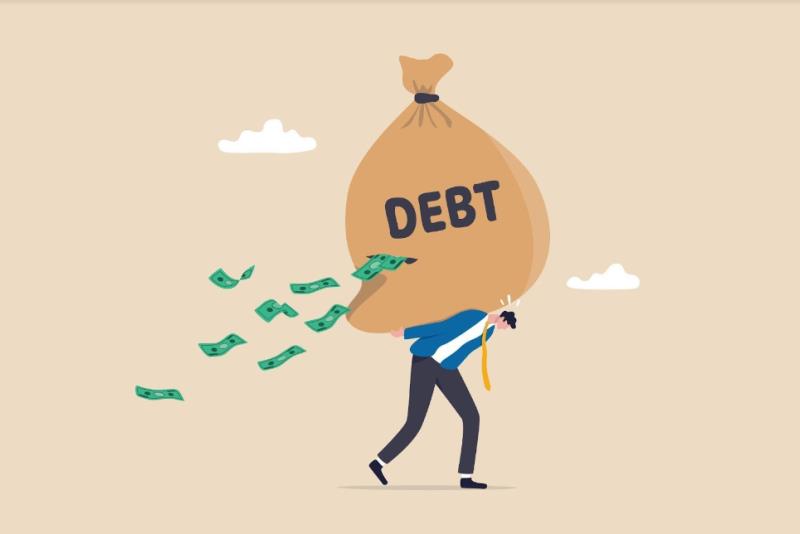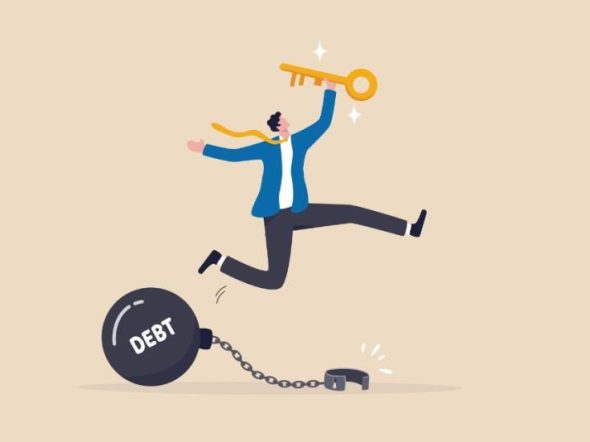Many business leaders learn early the value of being debt-free. Having debt can be dangerous; it means that you have a significant financial burden that can interfere with your cash flow and keep your business from growing at the speed of your dreams. Though small business loans are a popular and sometimes essential financial tool for raising capital to fund key operations, a number of business leaders are eager to do anything to rid themselves of debt as soon as possible.
However, paying off small business debt early can be as costly and dangerous as maintaining that debt for years to come. If you are considering devoting more time and resources to paying down your small business loans, you might be interested in the following pros and cons of doing so:
Pro: Avoid Accruing Interest
Many business loans are amortizing loans, which means that you will pay off the loan and accruing interest slowly over time. The interest tends to be highest in the beginning of the loan, when so much of the principle remains unpaid, but over time, you will be paying more and more principle and less interest. Still, the sooner you pay off the principle of your loan, the less interest you will accrue. By paying your small business loan early, you can avoid inflating the cost of your loan.
Pro: Eliminate a Financial Burden
Every debt is a drain on a company’s finances. Money that is spent paying back the principal and interest of the loan might be better spent on the organization itself — improving equipment and processes, investing in employees, acquiring new inventory, expanding the physical spaces or participating in any number of activities that grow and strengthen your business. The sooner you can pay off a loan in full, the sooner you can direct your cash flow back into your company to achieve your business dreams.
Pro: Gain New Loan Opportunities
The more debt your business has, the more difficult it will be to acquire new loans. Most lenders will not offer a loan to a business that has a debt-to-income ratio above 50 percent, which means that if half or more of your business’s revenues are going to repay your existing loans, you will not be able to qualify for additional financing. If you need a loan to accomplish an upcoming business goal, you will need to pay off one or more of your current loans before their maturity dates.
Con: Pay Prepayment Fees
Lenders expect to take in a certain amount of income through interest over the full term of a loan. When businesses pay off loans early, lenders lose that income. To balance the losses that occur through prepayment, some lenders impose penalties for paying off loans before they become mature. You should carefully review the terms of a loan to determine whether prepayment fees will be imposed, and in any case, you should weigh the costs of prepayment penalties against the costs of continuing to pay the loan for the entire term to determine the best course of action for your company.

Con: Reduce Business Cash Flow
Loan payments are small drains on your company’s cash flow over time, but paying a loan early can cause your cash flow to take a serious hit. Paying down a loan early is no easy task; it requires you to have a large amount of cash available, which often means that other elements of your business will not receive the complete funding they need or could use. As tempting as it might be to do whatever it takes to relieve yourself of the financial burden of a small business loan, the truth is that it might be safer and easier to maintain the debt for a longer period, which should allow you more flexibility in the present to run your company successfully.
Con: Lose Valuable Tax Deductions
A business loan is not considered taxable income, and the money you pay back to your lender is not a deductible expense. However, the same is not true of any interest that accrues on your loan. Every year, you can deduct specifically the interest that you pay on any small business loans, which might help offset your business’s earnings and lower your tax burden. By paying off your loan early, you eliminate interest as a deductible expense for your business, so you might want to maintain your loan for its entire term if those deductions are improving your corporate tax situation.
For businesses, debt can be both good and bad. Before you take out a loan, you should consider how that loan will impact your business now and into the future — and you should determine how quickly you need and want to pay it off.
